Cyrano de Bergerac
José Ferrer won the Oscar for Best Actor for his portayal of the swordsman-poet using his silver tongue to woo the woman he loves for another man. Cyrano de Bergerac is a play written in 1897 by Edmond Rostand. Although there was a real Cyrano de Bergerac, the play is a fictionalization of his life that follows the broad outlines of it. The entire play is written in verse, in rhyming couplets of twelve syllables per line, very close to the Alexandrine format, but the verses sometimes lack a caesura. It is also meticulously researched, down to the names of the members of the Académie française and the dames précieuses glimpsed before the performance in the first scene. The play has been translated and performed many times, and is responsible for introducing the word "panache" into the English language.
Cyrano de Bergerac is a 1950 American adventure film based on the 1897 French Alexandrin verse drama Cyrano de Bergerac by Edmond Rostand. It uses poet Brian Hooker’s 1923 English blank verse translation as the basis for its screenplay. The film was the first motion picture version in English of Rostand’s play, though there were several earlier adaptations in different languages.
The 1950 film was produced by Stanley Kramer and directed by Michael Gordon. José Ferrer received the Academy Award for Best Actor for his starring performance as Cyrano de Bergerac. Mala Powers played Roxane, and William Prince portrayed Christian de Neuvillette.
Plot
In seventeenth-century Paris, poet and supreme swordsman Cyrano de Bergerac (José Ferrer) stops a play from being shown because he ostensibly cannot stand the bombastic style of the principal actor, Montfleury (Arthur Blake). An annoyed aristocratic fop, the Vicomte de Valvert (Albert Cavens), provokes him into a duel by tritely insulting Cyrano’s enormous nose. Cyrano first mocks his lack of wit, improvising numerous inventive ways in which Valvert could have phrased it (much to the amusement of the audience). He then composes a ballade for the occasion on the spot and recites it during the sword fight. With the last line, he stabs his opponent.
Cyrano’s friend Le Bret (Morris Carnovsky), Captain of the Gascony guards, warns him he has made powerful enemies of his victim’s friends, but he is unconcerned. When Le Bret presses him to reveal the real reason he hates Montfleury, Cyrano admits that he became jealous when he saw the actor smiling at his beautiful cousin Roxane (Mala Powers). He confesses that he is in love with her, but harbors no hope of it being returned because of his nose. When he receives a request from Roxane to see her in the morning, he is finally emboldened to act.
Then pastry chef and fellow poet Ragueneau (Lloyd Corrigan) approaches him for help. Ragueneau has learned that a nobleman he had mocked with his verses, the Comte De Guiche (Ralph Clanton), has hired a hundred ruffians to teach him a lesson. Cyrano escorts him, kills eight of the horde, and drives off the rest.
The next day, before he can tell Roxane of his feelings, she informs him that she has fallen in love with a handsome guardsman, Christian de Neuvillette (William Prince), though she has not even spoken to him. Cyrano hides his devastation and agrees to help her.
Cyrano befriends the young man, who is in Cyrano’s guardsmen unit, and discovers that he is infatuated with Roxane, but is too inept with words to woo her. To help him, Cyrano composes Christian’s love letters to Roxane, which she finds irresistible. Later, Christian decides he wants no more help and tries to speak to Roxane face to face, but fails miserably and she re-enters her house in an angry huff. Cyrano, hiding in the bushes, comes to his rescue, but this time by imitating Christian’s voice and speaking to Roxane from under her balcony. He is so eloquent that he (unintentionally) wins a kiss for Christian from Roxane.
When the arrogant Comte De Guiche, who is also wooing Roxane, pressures her to marry him, Cyrano delays him long enough for her to wed Christian instead. Furious, De Guiche, Christian’s commander, orders him to join his unit immediately for a war against the Spanish, preventing the couple from spending their wedding night together.
With Cyrano under his command as well, De Guiche earns the swordsman’s respect by his conduct in the war. From the field, Cyrano sends Roxane letters every day, supposedly written by Christian. Roxane visits her husband in camp and tells him that she now has fallen in love with him not merely for his looks but because of his words, and would love him even if he were ugly. Realizing that she really loves Cyrano, Christian gets his rival to agree to tell Roxane the truth and let her decide between them. But before the opportunity arises, Christian volunteers for a dangerous mission and is fatally wounded, silencing Cyrano.
Roxane enters a convent in mourning. Years pass, with Cyrano visiting Roxane weekly, having retired from the military and writes satirical articles mocking the nobility. De Guiche, who has also befriended her and has come to respect Cyrano, has overheard a courtier plotting against Cyrano. De Guiche warns Roxane that Cyrano’s life may be in danger. One night, Cyrano is lured into an ambush; the poet is run down by a carriage. Near death, he hides his injuries and goes to keep his appointment with Roxane for the last time. His secret love for Roxane is finally revealed when he recites from memory the last of his love letters, which she has kept, but it is too late. Cyrano first slips into delirium, then dies, leaving Roxane to mourn a second time.
Cast
José Ferrer as Cyrano de Bergerac
Mala Powers as Roxane
William Prince as Christian de Neuvillette
Morris Carnovsky as Le Bret
Ralph Clanton as Antoine, Comte de Guiche
Lloyd Corrigan as Ragueneau
Virginia Farmer as Roxane’s duenna
Edgar Barrier as Cardinal Richelieu
Elena Verdugo as the Orange Girl
Albert Cavens as the Viscount de Valvert
Arthur Blake as Montfleury
Don Beddoe as The Meddler
Percy Helton as Bellerose
Francis Pierlot as Monk
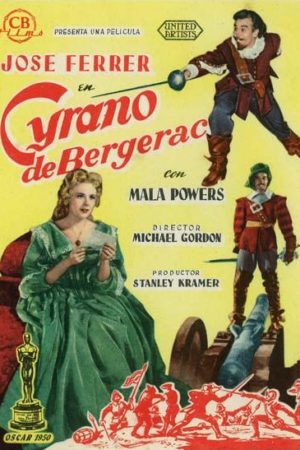
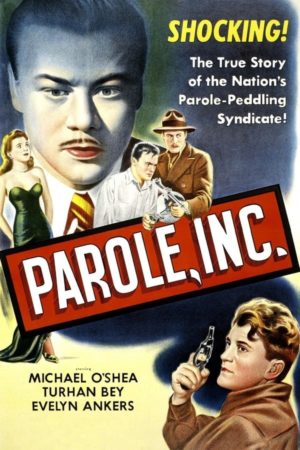
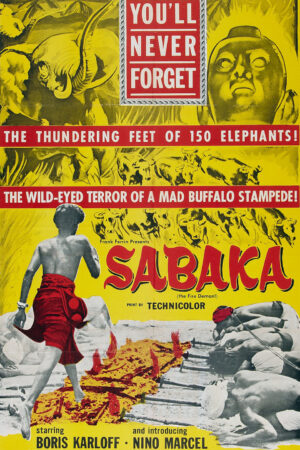
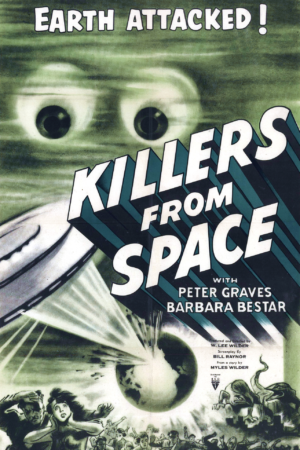

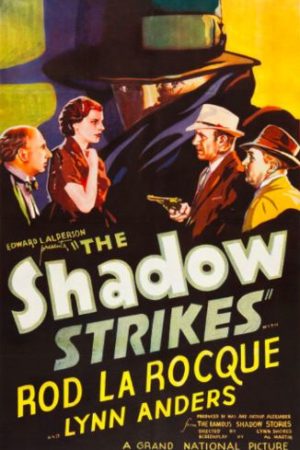
There are no reviews yet.